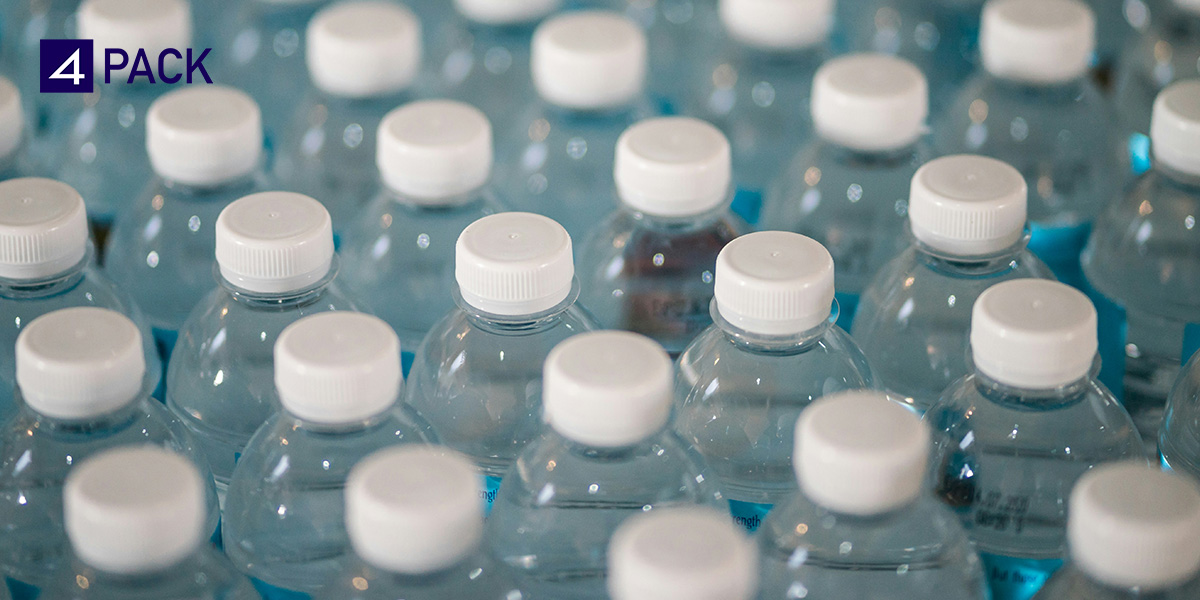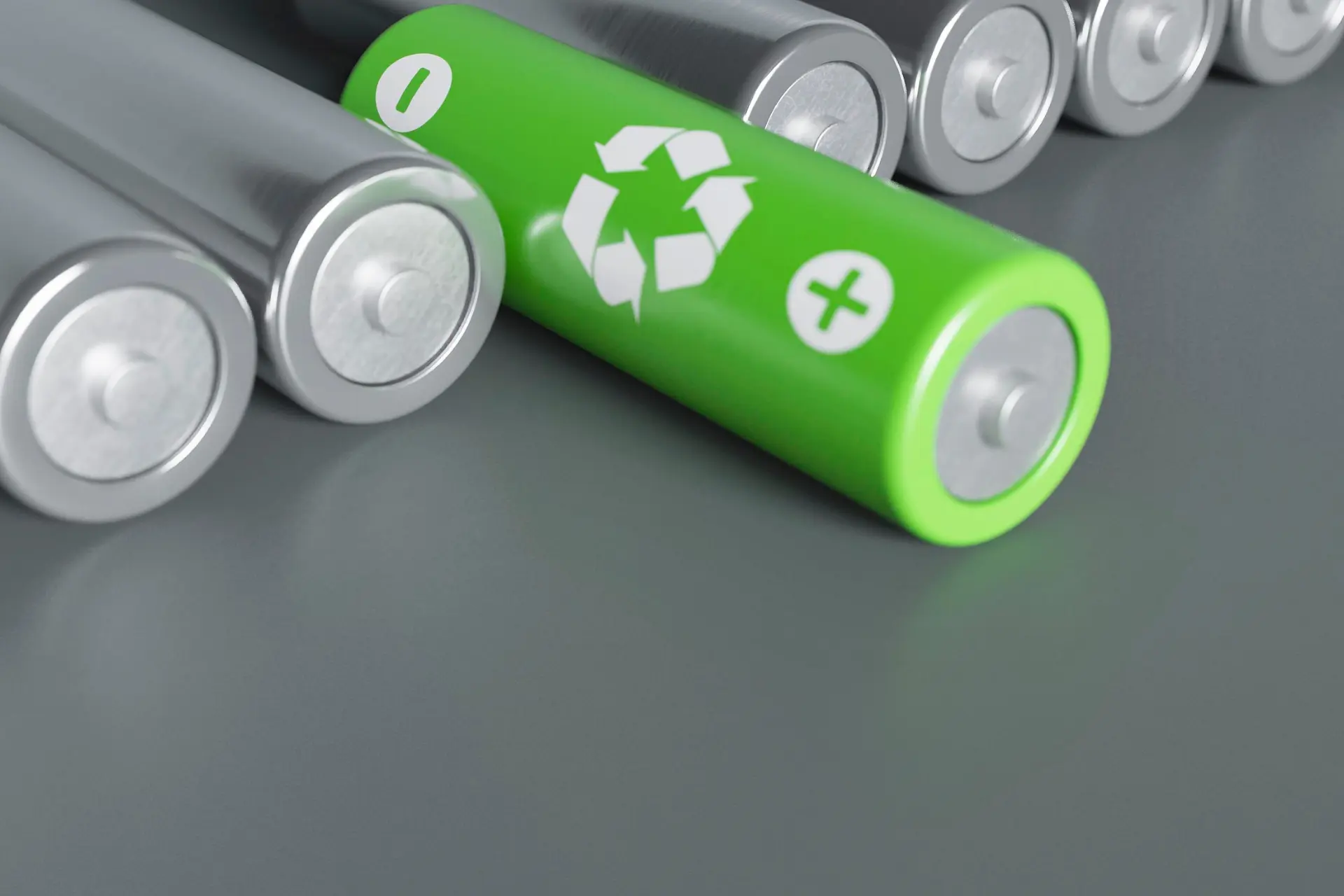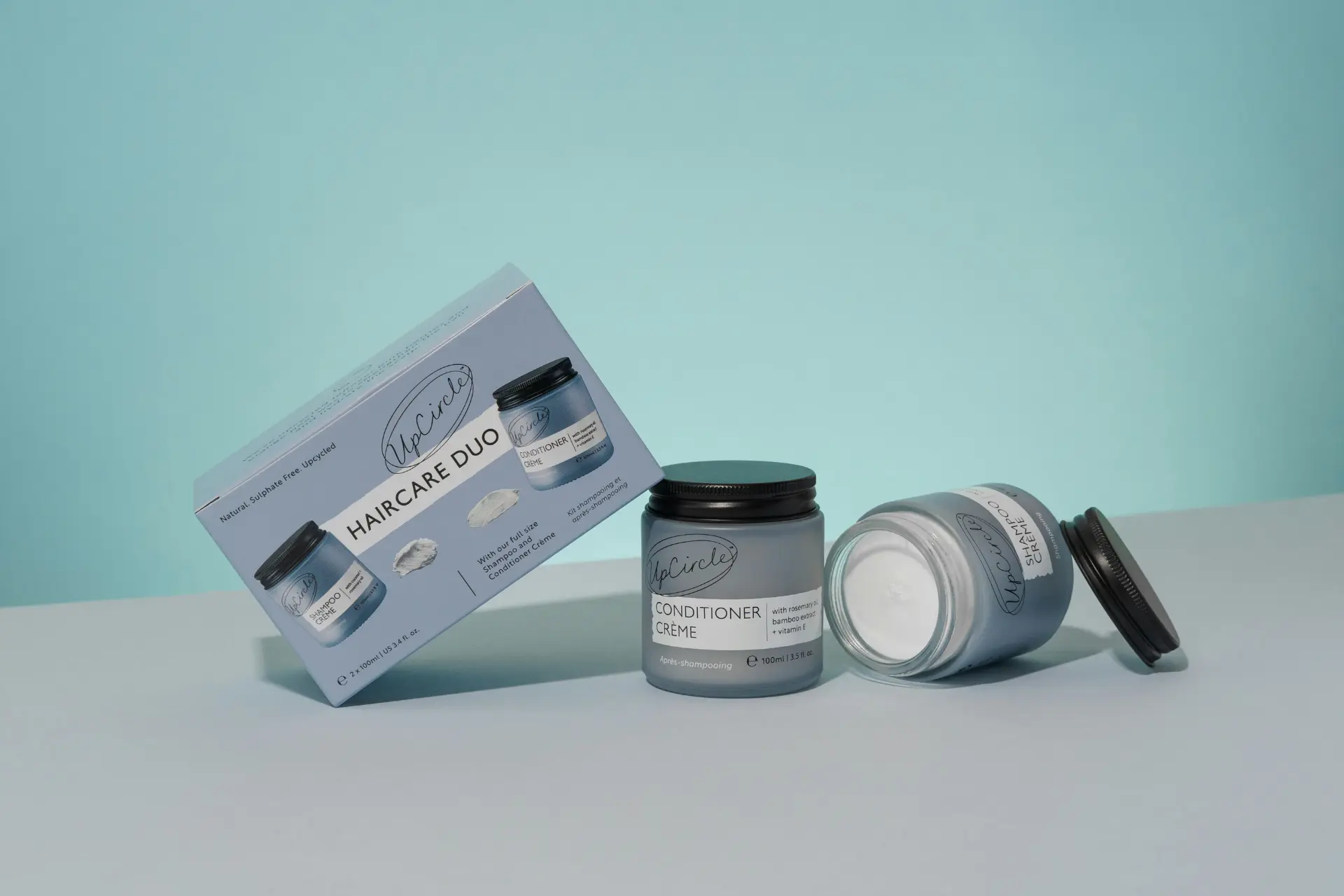The UK’s first DRS scheme was to be in Scotland – it now looks increasingly likely that the Welsh government may overtake the Scots in getting their scheme launched.
Ireland’s deposit return scheme (DRS) scheme Re-Turn launched in February. Although it is early days, it is already gaining admiration for its smooth introduction. It creates an inevitable and unfortunate contrast to how the UK Deposit Return Schemes are evolving.
Ireland Re-Turns DRS Success
Re-Turn, the Ireland DRS, is shining a light on the importance of working with industry players to design schemes that work from the start, rather than causing dissention.
An industry-wide working group helped to steer development early on, which led to the prompt identification of the optimal scheme administrator, which was then swiftly licensed by the Irish Government.
The scheme has been praised for taking coalition-style approach included retailers from the start of discussions, because of their vital role in hosting consumer return points.
Also noted by commentators is the fact that roles and terms were defined clearly, avoiding areas of confusion in regulatory descriptions. Such attention to detail meant that Ireland avoided some of the misunderstandings and disagreements around manufacturer and retailer obligations – not to mention the labelling disputes – that dogged the Scottish scheme.
Not familiar with Ireland’s Deposit Return Scheme? Read this – our article explains it all.
Irish DRS scheme successes so far include more than 21 million bottles and cans returned between the launch on 1st February and the end of March, according to its organisers. More than 2.2 million drink containers were collected during St Patrick’s weekend alone.
DRS Delayed
Scotland’s scheme, announced a full 5 years ago in 2018, should have been the UK’s first and flagship circular economy scheme for the drinks industry.
In June 2023, this first of the UK deposit return schemes was officially delayed until October 2025 at the very earliest. Beset by problems, return management disagreements, and pushbacks from businesses meant the date kept slipping. It is now slated for late 2025, after the UK Government agreed, after consultation, to impose conditions on the scheme to exclude glass, among other things.
“As of today, it is now clear that we have been left with no other option than to delay the launch of Scotland’s DRS, until October 2025 at the earliest based on the UK Government’s current stated aspirations.” Laura Slater, Minister for Green Skills, Circular Economy and Biodiversity (Scotland)
What went wrong in Scotland depends on who you ask. But there are clear contrasts with the Irish scheme. For example, the relatively late appointment of Circularity Scotland as scheme administrator. This meant an unavoidable crunch in the timeline toward the initial planned launch. Circularity Scotland has since collapsed with debts of more than £86m. These were mainly due to logistics supplier commitments it could no longer meet around collection from return points and onward recycling processing.
UK Deposit Return Schemes are Behind the Circular Curve
UK is already far behind the circular curve in contrast to its neighbours. Sweden in particular, which launched itsscheme in 1984. An embarrassing forty years later, the UK is not even off the starting blocks.
Meanwhile, we see other countries making significant strides towards circularity. Germany’s DRS last year achieved a record 98% return rate on eligible single-use drink containers via its “Pfandsystem” programme. It is continuing to expand the scope of the scheme.
There still seems to be some political will behind driving change. After all, 6 weeks after delaying the Scottish DRS, the UK Government announced a new programme to drive better reuse of resources and increase recycling.
However ‘Maximising Resources, Minimising Waste’ makes zero reference to recycling bottles or deposit return schemes.
In February 2024, DEFRA even made an ambitious and expansive announcement about the UK circular economy.
Although the announcement references nothing in relation to deposit return.
Where do we go from here?
The question, of course, is how to get from political will to real decisions and proactive action. The UK is not alone, but it is behind Sweden, Germany and many, many others.
Alignment of future UK schemes to those of its neighbours will be of huge importance to international beverage brands and distributors.
Divergences such as the inclusion (Wales) or exclusion (Scotland) of glass in DRS legislation will cause inevitable planning issues.
Even more importantly, businesses need absolutely clarity on timelines and responsibilities. Without this, they cannot align their supply chain operations effectively and cost efficiently without the spectre of unknown risk.
Investments in reverse vending machines and manual return processes will now be on hold for many firms. Firms planning Scottish distribution still lack clarity on labeling requirements.
To get the first, and subsequent, DRS schemes off the ground in England, Scotland and Wales, this industry needs the Government to learn some of the lessons from other countries. It needs to adopt proven principles and best practices that have been exemplified in Ireland and across Europe.



